Department of Science and Technology (DOST) Secretary Mario G. Montejo revealed recently that he wants to look into the process of how the palm civet cat enriches the flavor of coffee and replicate it using science and technology.
This he shared during one of the pit stops in DOST Region 12's Science Nation Tour dubbed as Agham na Ramdam at the provincial capitol of Sultan Kudarat where the Regional Development Council (RDC) was in session.
"Very promising talaga itong civet coffee (Civet coffee is really very promising)," exclaimed Montejo. "Imagine the same coffee bean which cost P600 per 100 kilograms is sold around P8,000 once the civet digested and excreted it."
Palm civet (Paradoxurus hermaphroditus), or balos in Cotabato, belongs to the family of Viverridae, a meerkat-like animal living in tropical forest and feast on berries.
The region, which is more popular for its tuna industry, is also making headways in the thriving coffee industry as its Mt. Matutum in South Cotabato is home to many B'laan tribal lands teeming with coffee plantations, including civet cats with their precious droppings.
"We would like to investigate what happens inside the civet that adds value to the coffee," explains Montejo.
Civets are known for their coffee bean droppings, considered as the most expensive coffee in the world. The cats have a natural process of digesting coffee beans, and turning the ingested beans into a flavorful beverage is something that DOST would want to study in the future.
At the RDC meeting presided by the provincial governor and includes a delegation of chief executives from local government and regional representatives of various national government agencies, Montejo presented the science department's programs and on-going projects that local government can possibly implement for their constituents.
He added that developing the local coffee industry would provide a sustainable growth as the local enterprises are providing the indigenous people who produce the raw coffee beans a stable livelihood. This is aside from the locals’ protection of the natural habitat of civet.
"Just awhile ago, I called Secretary Mon Paje," Montejo revealed. "I told him of the good things that I have found out when I came here. So we plan to return so I can let him see it for himself."
The science department is already on the eighth leg of its Science Nation Tour, a road show highlighting DOST programs and technologies aimed at making science and technology felt by the people.
By Joy M. Lazcano
S&T Media Service, DOST-STII


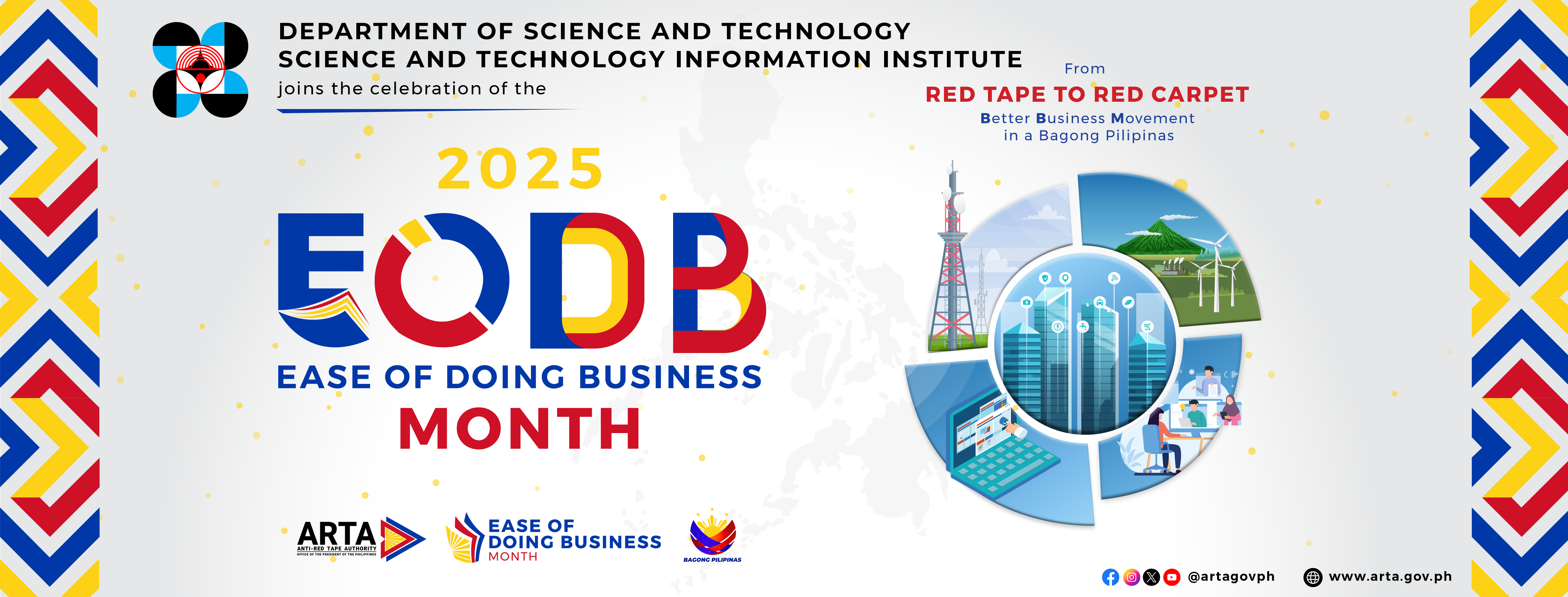
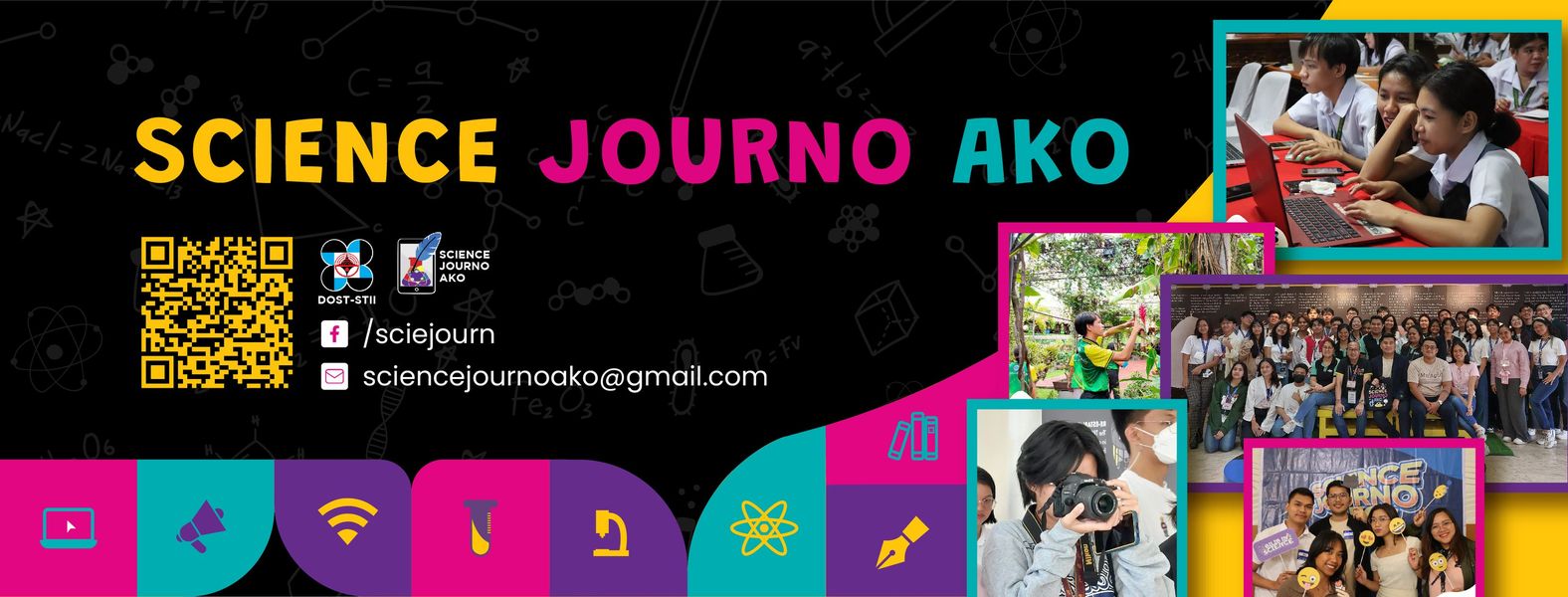
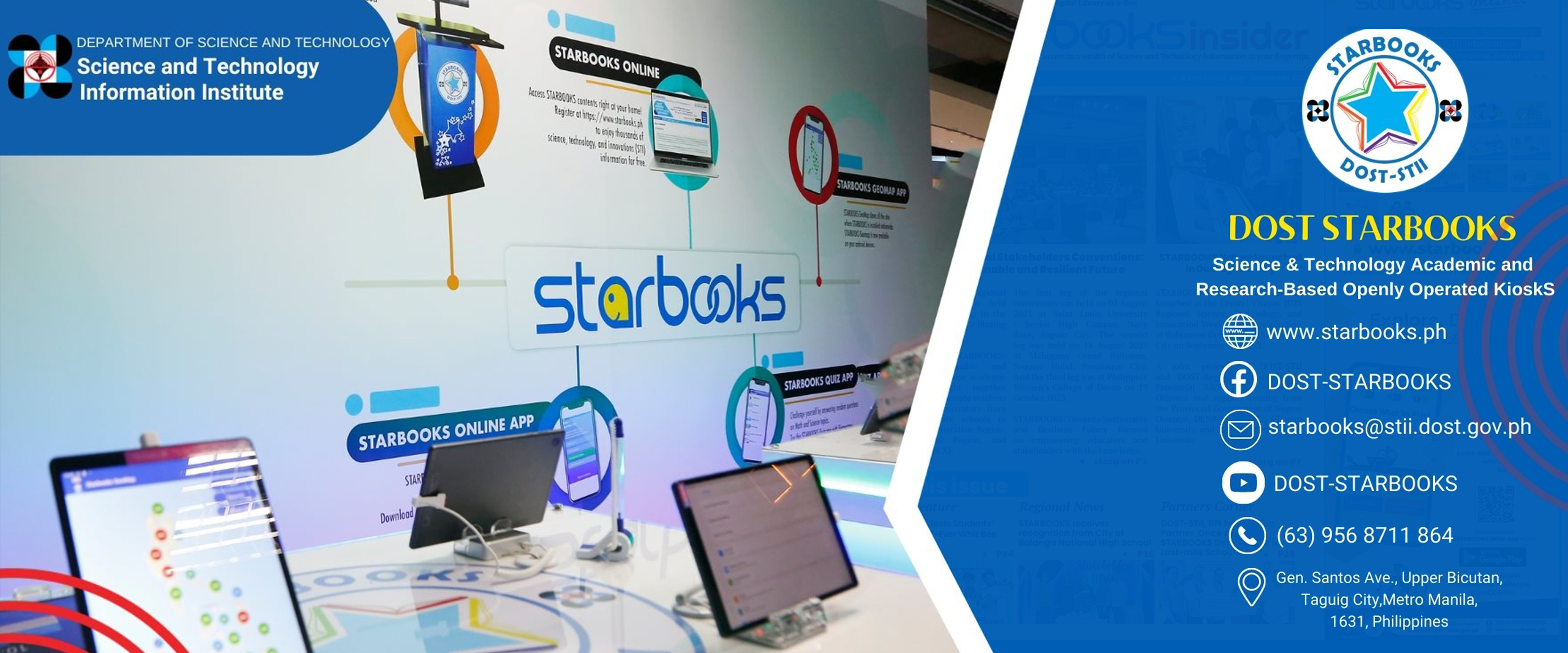
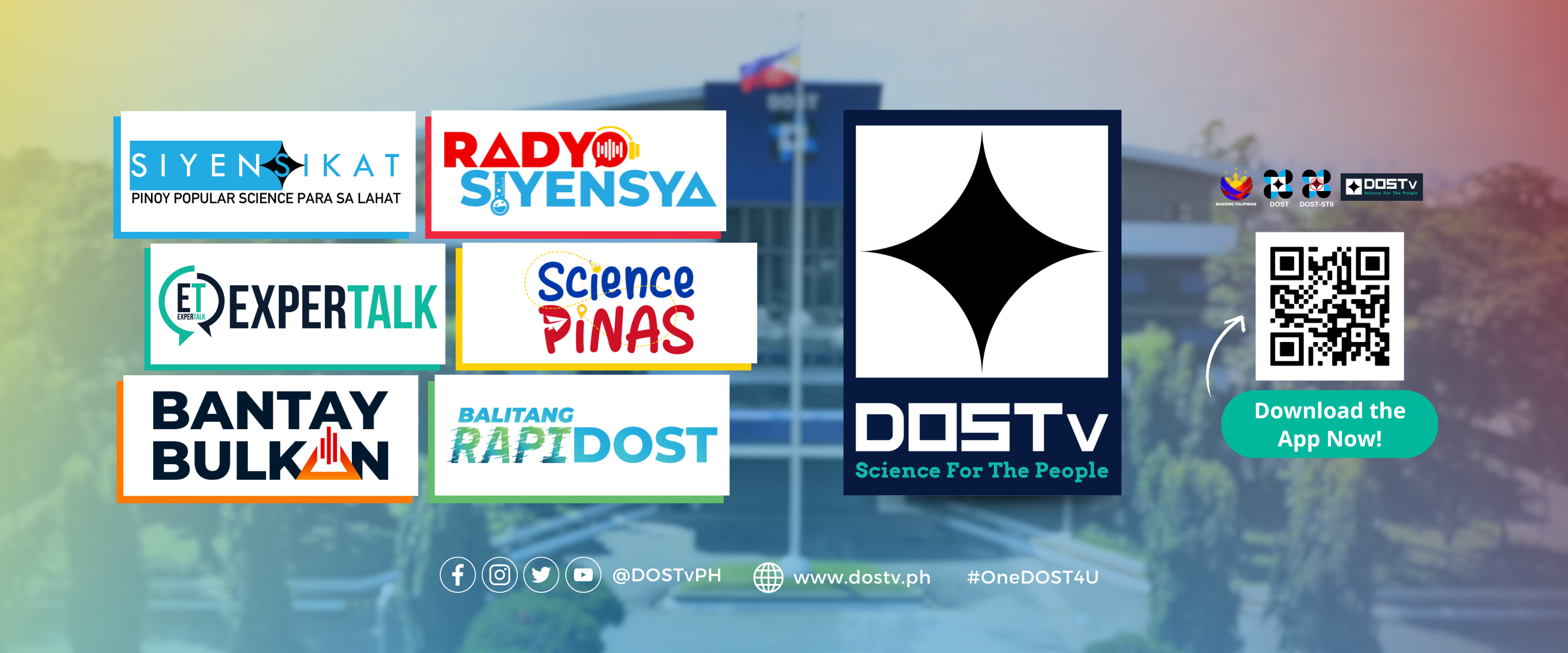

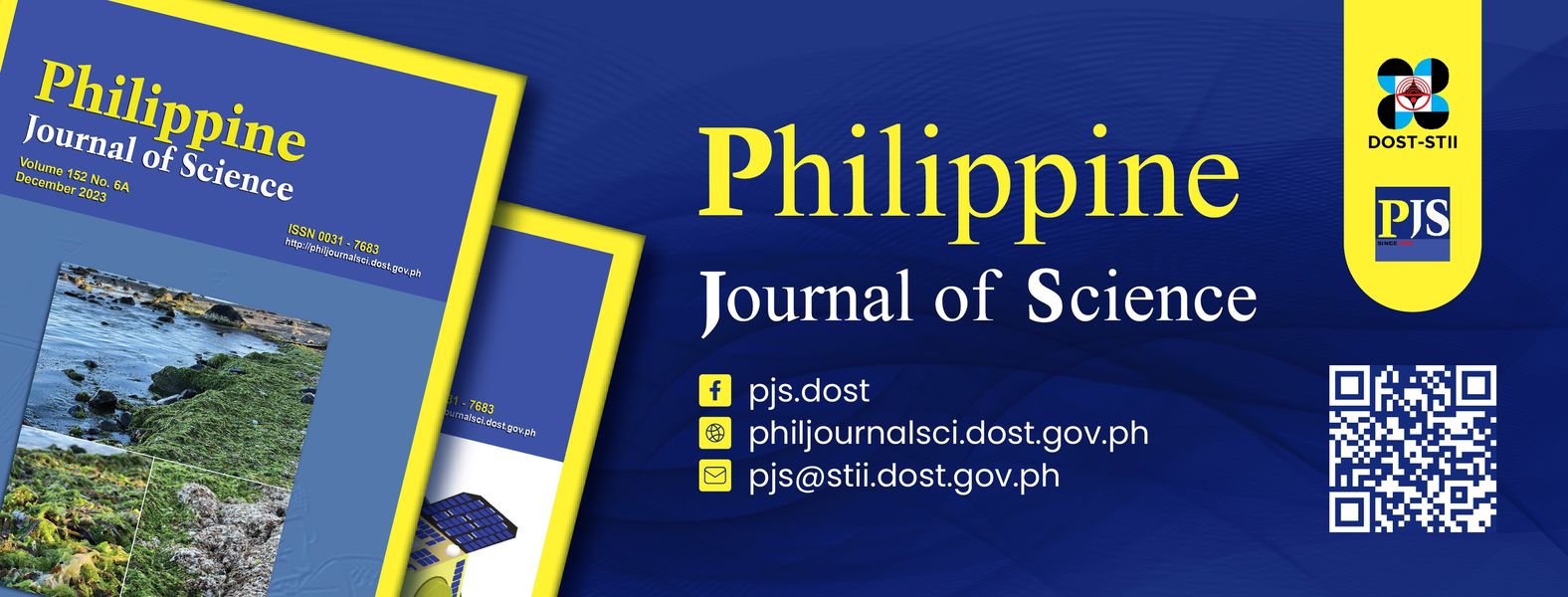




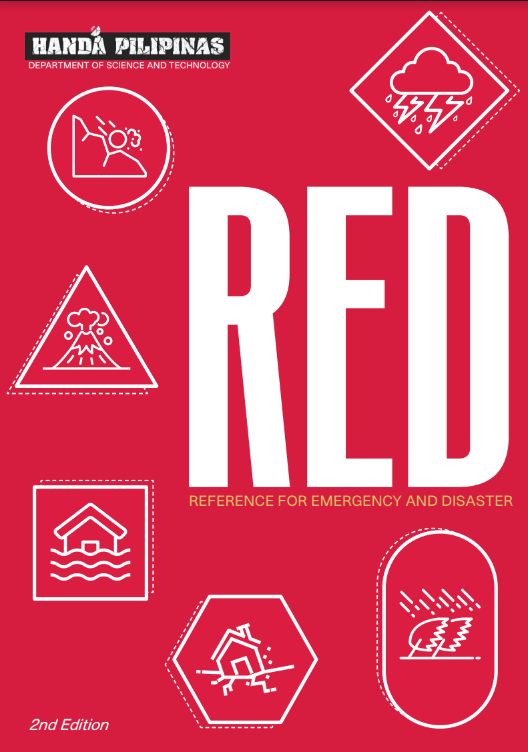





 21 in 2021 Technology Catalogue
21 in 2021 Technology Catalogue 21 in 2021 Technology Catalogue
21 in 2021 Technology Catalogue DOST Innovations - Web and Mobile Applications for Disaster Risk Reduction and Management
DOST Innovations - Web and Mobile Applications for Disaster Risk Reduction and Management